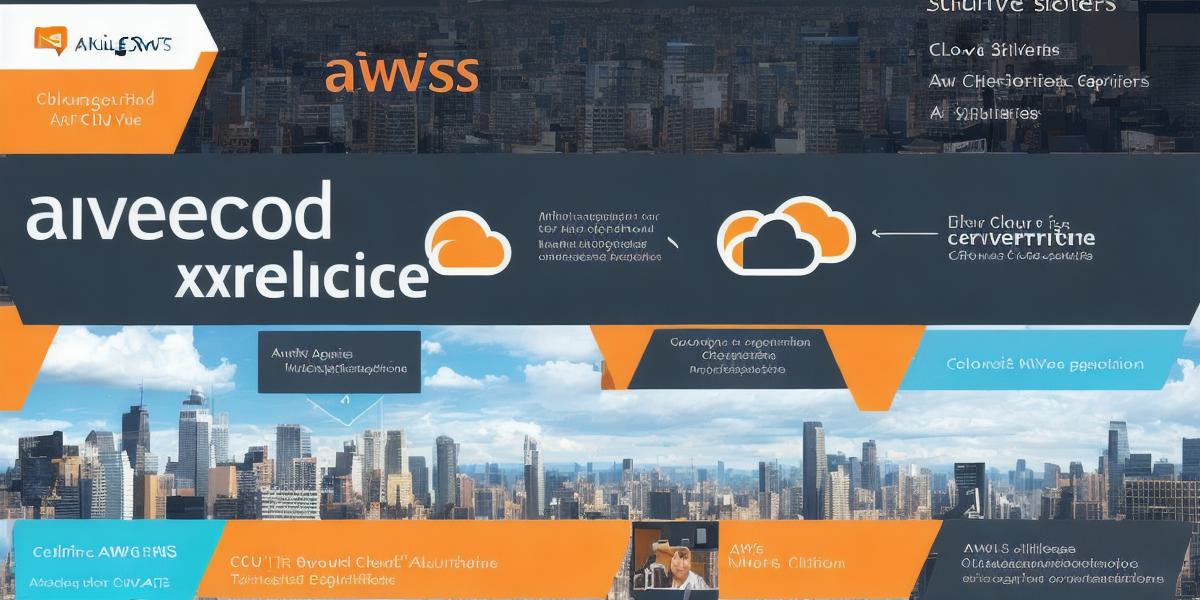AWS Cloud Solutions Specialist: Navigating AWS Cloud Expertise

Introduction:
The world is becoming increasingly digitized, and cloud computing is at the forefront of this revolution. AWS (Amazon Web Services) is one of the most popular cloud platforms on the market, offering a wide range of services to help developers build, deploy, and manage applications in the cloud. However, with so many options available, it can be challenging for programmers to navigate the complexities of AWS and take advantage of its full potential. In this article, we will explore some tips and best practices for becoming an AWS Cloud Solutions Specialist and navigating AWS cloud expertise.
Choosing the Right Services:
One of the most important aspects of working with AWS is selecting the right services for your needs. AWS offers a vast array of services, including compute, storage, databases, analytics, security, and more. Before selecting any service, it’s crucial to understand its capabilities, pricing, and potential limitations. It’s also essential to consider the specific requirements of your application and how these services can help you meet those needs.
Scaling Your Applications:
AWS provides a range of tools and services that allow developers to scale their applications up or down as needed. This is particularly important for applications that experience sudden spikes in traffic or require additional resources during peak usage periods. AWS Auto Scaling is one such service that automatically adjusts the number of EC2 instances based on demand, ensuring that your application has the resources it needs to perform optimally.
Security and Compliance:
Security and compliance are critical considerations when working with AWS. AWS provides a range of security features and tools that help protect your applications and data from unauthorized access or attacks. These include network security groups, IAM roles and policies, encryption at rest and in transit, and more. Additionally, AWS is compliant with a wide range of industry standards and regulations, including HIPAA, PCI DSS, and GDPR.
Pricing and Cost Optimization:
Cost optimization is an essential aspect of working with AWS. AWS offers a pay-as-you-go pricing model, which means that you only pay for the resources you use. However, this can also lead to wasted resources and unexpected costs if not managed carefully. To optimize your costs, it’s important to monitor your usage regularly, use reserved instances and spot instances when possible, and consider using cost management tools like AWS Cost Explorer and AWS Budgets.
Conclusion:
In conclusion, becoming an AWS Cloud Solutions Specialist requires a deep understanding of AWS services, scalability, security, compliance, and cost optimization. By following these best practices and staying up to date with the latest developments in AWS technology, programmers can take advantage of the full potential of AWS cloud expertise and build powerful, scalable applications that meet the needs of their customers.








